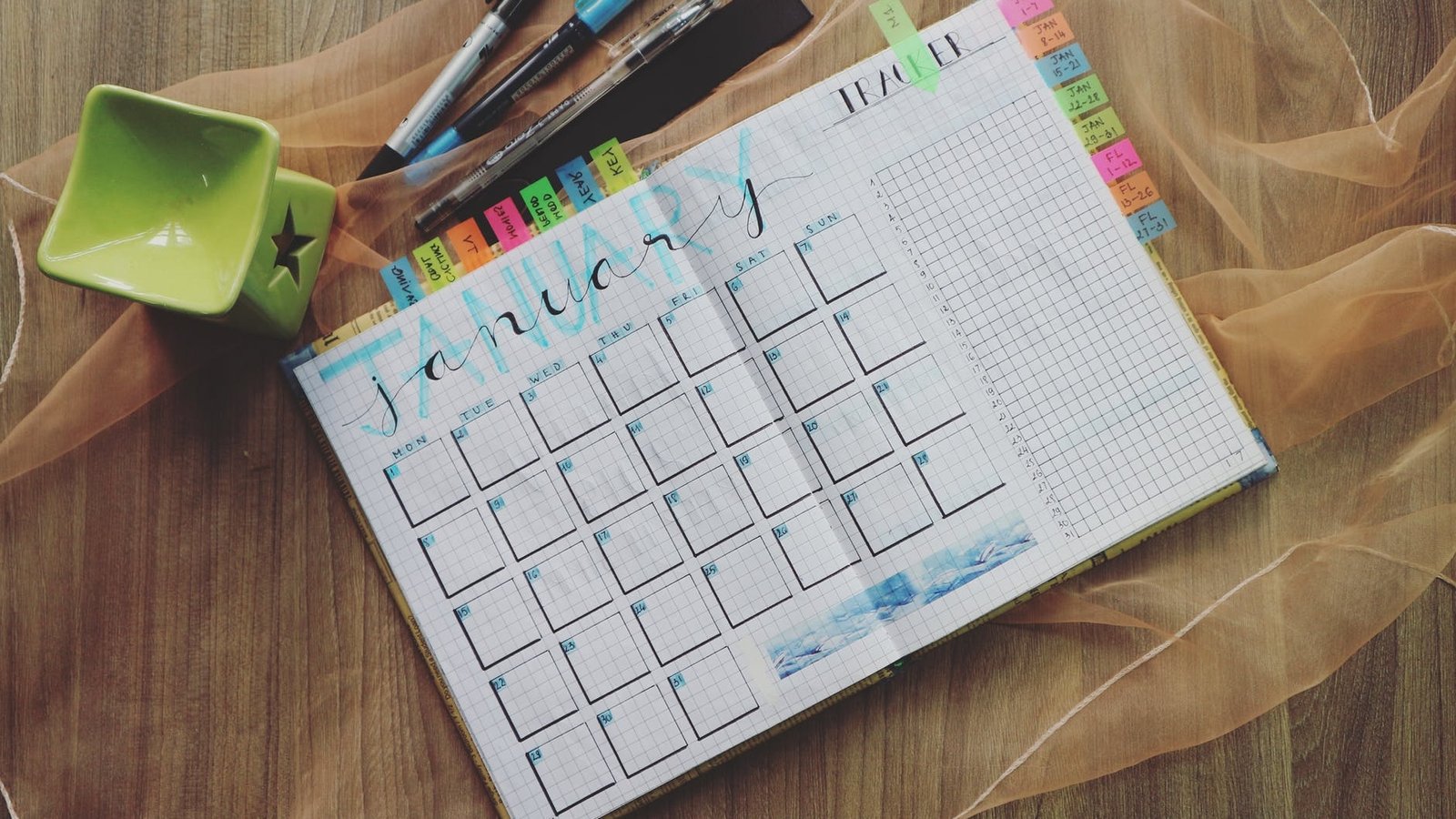ONCE YOU SCRATCH THE SURFACE OF GETTING A MORTGAGE, YOU’LL FIND ALL THE ADVICE YOU SEE IN THIS REPORT. HOWEVER, BORROWERS OFTEN DON’T REMEMBER OR HEED THE ADVICE. SO HERE IT IS…EVERYTHING BUYERS SAY THEY WISH THEY’D KNOWN ABOUT GETTING A MORTGAGE BEFORE THEY GOT A MORTGAGE.
1. Get your finances in order (WELL) ahead of time

You’d be surprised how complicated your finances truly are, even for someone having just one job and one paycheck. Add a second person, and the complications multiply. Treat getting a loan like doing your taxes. You need to have your fingers on all your outgoing and incoming accounts, including your retirement, investment, and bank account information. You should, of course, already have your fingers on that information, but many of us don’t keep track. You may not need all that information just to apply for a loan, but you will need it to qualify for a loan once you decide which lender to use.
2. You have a choice of loans…shop for rates
One big mistake that first-time homebuyers often make is going directly to a mortgage app for a quote and not shopping around. Or they accept the first offer they receive. Lenders are businesses, and they’ll set their rates to be more or less competitive, as they see fit.
Make sure you’re able to clearly compare several offers, paying special attention to points and credits. While an online app might show a stunning 3% interest rate, that is seldom what you’ll get. That said, I’d include online lenders in my research, just to be sure.
You often can get better rates through your local credit union (not always, though…so compare!), your local bank, or a local mortgage broker who can help you figure out the right loan. I prefer local mortgage brokers because you get a seasoned, experienced lender helping you navigate the process, which can be confusing. A knowledgeable person will offer insights into unique loan programs and may find you local specialty programs, such as offers for teachers. They’re also helpful for people who don’t have traditional sources of income.
3. Plan far ahead to get a better interest rate
Getting a good rate for a mortgage is something you may have to work on years in advance. The better your credit, the better rate you’ll typically get. That can make a difference of several hundred dollars per month. How does that affect your buying power?
Think of it this way. Imagine two people, PERSON X, and PERSON Y. Both work the same job, have the same income, and have the same amount of debt. But PERSON X has a credit score of 780, while PERSON Y has a score of 700. PERSON X can (hypothetically) buy a house that costs around $30,000 more than PERSON Y, even though all other factors are the same. PERSON X may not want to pay more, but that $30,000 extra buying power might make a difference in getting the home they love vs. settling for one they only kind of like.
The actual difference between a good and great credit score depends on a lot of other factors, too, such as debt load and income, seasoning of your debt, types of credit, etc.
To learn how to raise your credit score, see these steps. https://www.investopedia.com/how-to-improve-your-credit-score-4590097
4. Pre-approval is not a guarantee
Real estate agents often ask prospective buyers to attend showings prepared with a pre-approval letter in hand. But being pre-qualified or pre-approved isn’t a guarantee that you’ll be offered a mortgage. You’ll still need to provide more information before they can receive an official loan offer. The pre-approval merely says that you’ve applied for the loan…not that it’s been approved. It’s a “guess” based on initial documentation.
A better approach might be to go through your entire approval process with the lender first. Get an approval guarantee from the lender’s underwriter before looking at properties. Then when you make an offer, your offer is “almost as good as cash.” (Of course, it’s not cash, and you could have an unforeseen financial setback that negates your approval, but that’s rare.)
If you’re not really serious about buying yet, then a pre-qualification or pre-approval letter will do, and it won’t involve a hard credit pull. But if you’re serious about a particular house, then pursue an underwritten approval guarantee before making an offer.
5. You don’t need to put down 20%

Many prospective homebuyers believe that they need to make a 20% down payment to qualify for a loan, but that’s not true. While a 20% down payment will lower your monthly payment and enable you to avoid Private Mortgage Insurance (PMI), there are additional mortgage options available for buyers that choose not to (or can’t) invest a large down payment. Talk to the various lenders to find out what the rates would be for you at different down payments, keeping in mind that your down payment amount will affect the final interest rate you get.
6. An adjustable-rate mortgage (arm) may not be so bad
Adjustable-rate mortgages (ARM) are often overlooked in favor of fixed rates. But if you plan to only stay in a house for a short period of time before reselling, then an adjustable-rate could save you thousands of dollars. Why? Because chances are you’ll resell before your rate rises as much as a fixed-rate loan would have been.
ARMs have lower starting rates, then adjust upward with government-set interest rates. Learn more here: https://www.investopedia.com/terms/a/arm.asp
7. Once you’ve started the application process, be on your best financial behavior
Your credit will be checked during pre-approval as well as right before closing, and possibly at other points in between. Be sure to pay all bills on time and avoid opening or closing ANY lines of credit, which can affect your score. Just keep things at the same status as when you apply. Don’t go buy a car, change your job, or pay off any accounts. You can pay down your debt, just don’t close the accounts.




